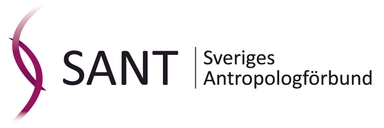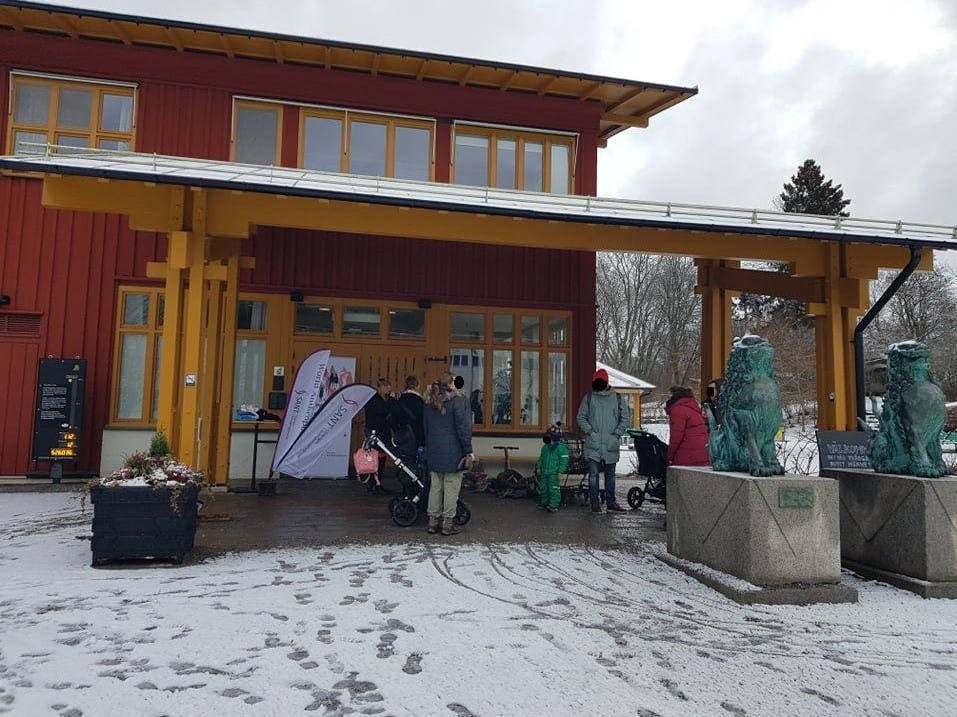
In English
Please note: The English version of this site is under construction and we will gradually make it more complete.
Who we are
The Swedish Anthropological Association (SANT) is a nationwide organization created in 1991. The mission of SANT is to serve as a forum for anthropology in Sweden, and thus to promote the development of scholarship and teaching in anthropology and its applied areas, protect the professional interests of anthropologists and actively work for an increased understanding of anthropology´s social and cultural scholarship in society.
Become a member of SANT and support and influence anthropology in Sweden! Membership is open for those with a bachelor's degree (or higher) in anthropology. The membership fee is SEK 200 per year for those with a PhD and SEK 100 per year for others. Apply by filling in the form here.
If you would like to contact SANT, please fill in the form here.
What we do
SANT works to create networks and meeting places for anthropologists and organizes, amongst other things, an annual conference (including the annual meeting of SANT). The hosting of the annual conference circulates between different universities in the country, sometimes in collaboration with our sister associations in the Nordic countries. Information about the upcoming conference 27-29 April 2023 in Stockholm is found here.
Beside the conference SANT also organizes other activities. Explore past and upcoming activities here.
News concerning anthropology in Sweden are highlighted here.
SANT at the entrance to Etnografiska museet in Stockholm on World Anthropology Day 2022.
Our webb magazine: Antroperspektiv
Antroperspektiv is a webb magazine produced by SANT and the first anthropological webb magazine in Sweden. Antroperspektiv takes the reader behind the scenes of contemporary events to offer a deeper understanding of our complex and diverse world. Our writers are anthropologists with fieldwork experience amongst the people and places that often appear in news media and public debates in Sweden, and globally. In other cases, they have knowledge of subjects that usually remain in the shadows of public awareness, but that are nonetheless critical for understanding culture, politics and everyday life in Sweden, and elsewhere.

Read Antroperspektiv here.
